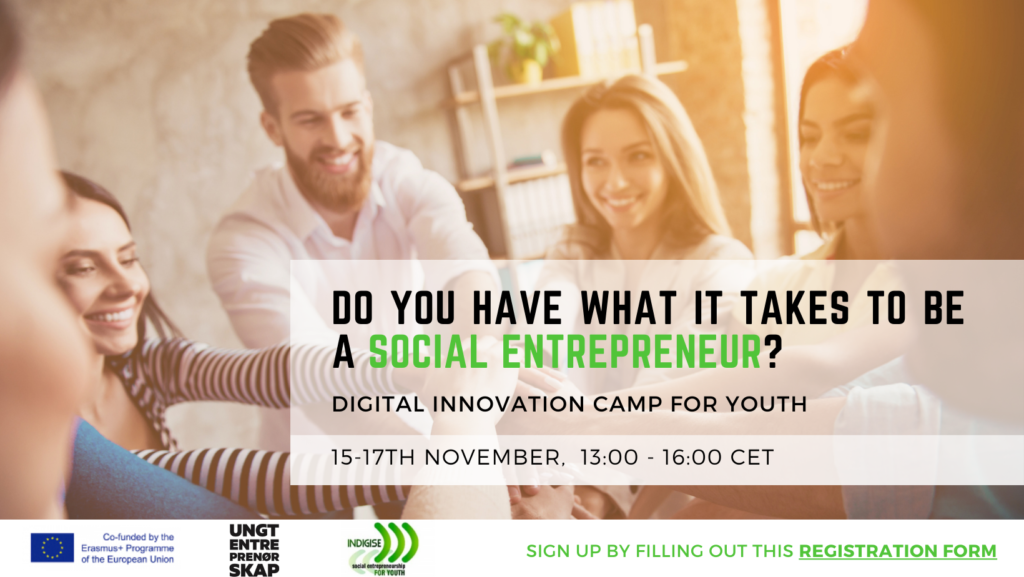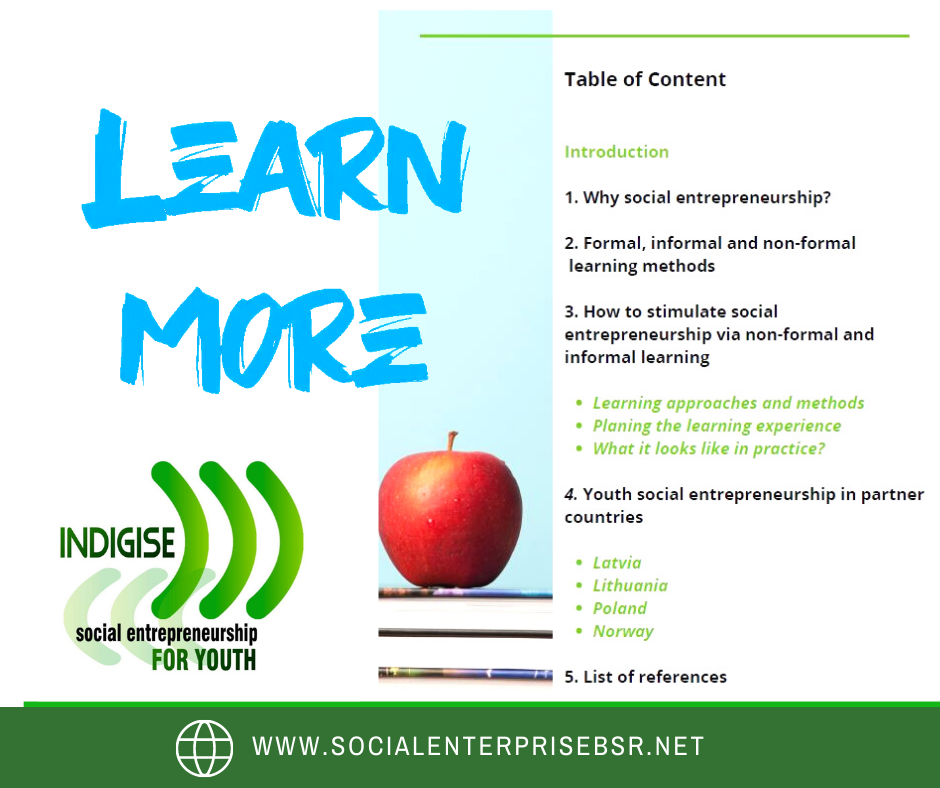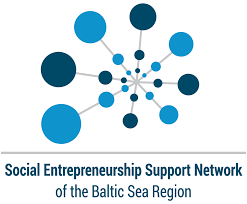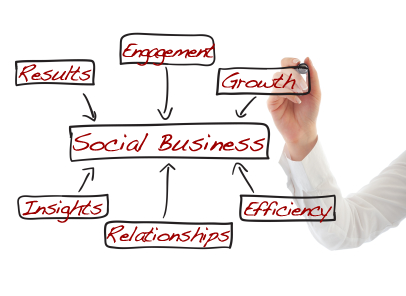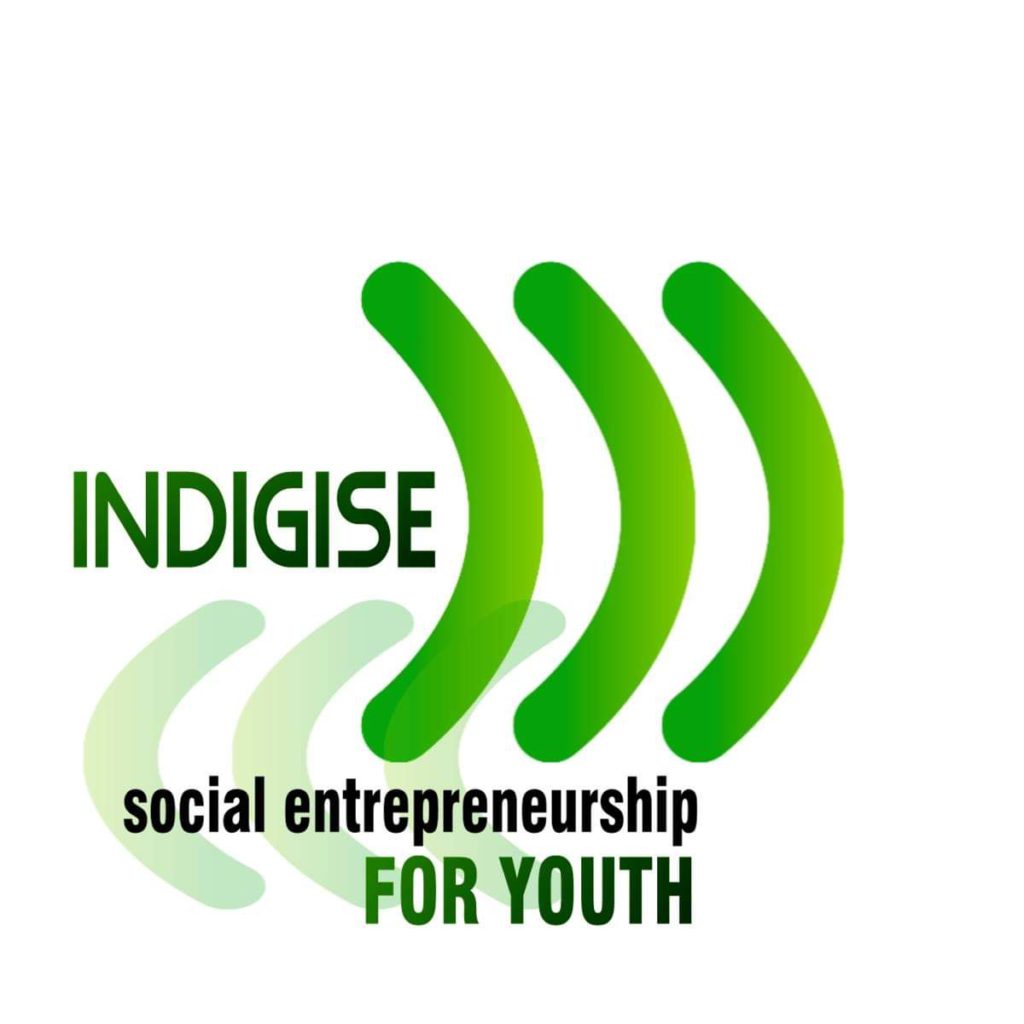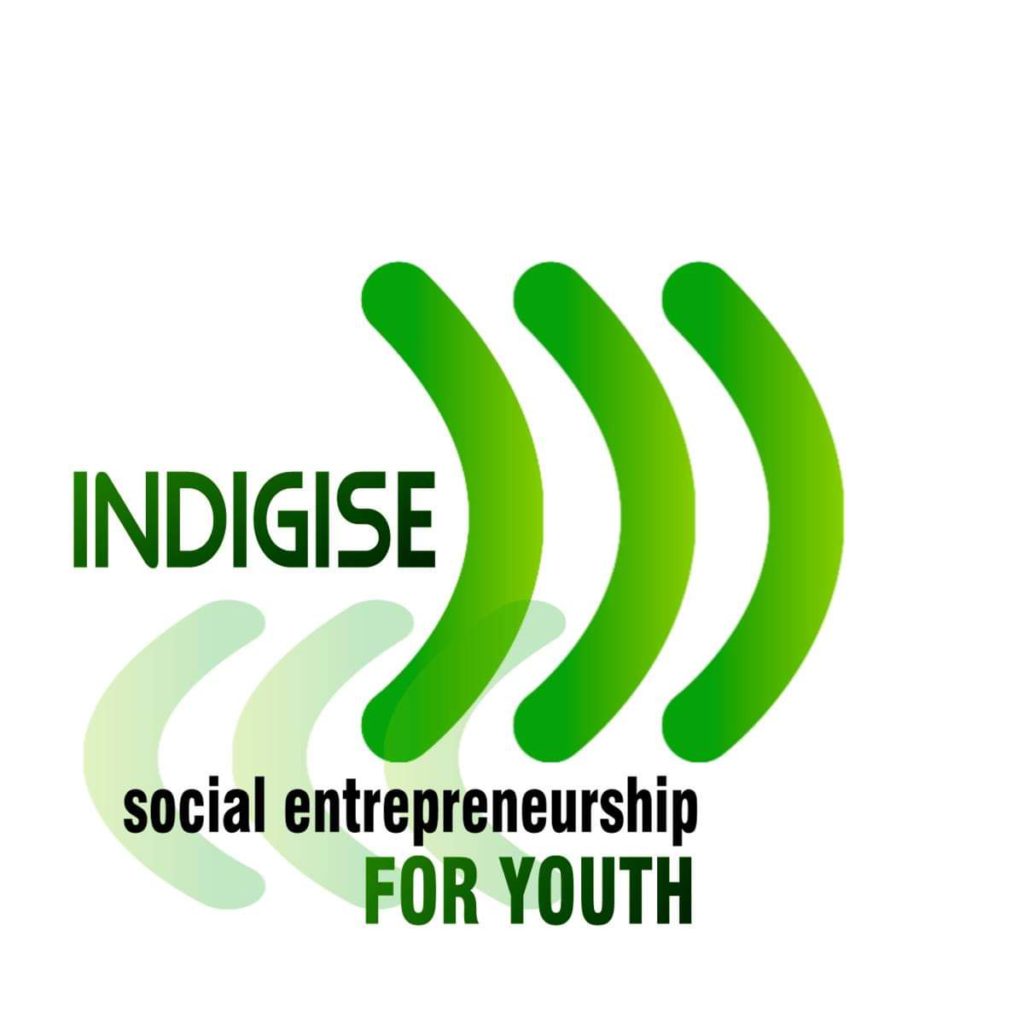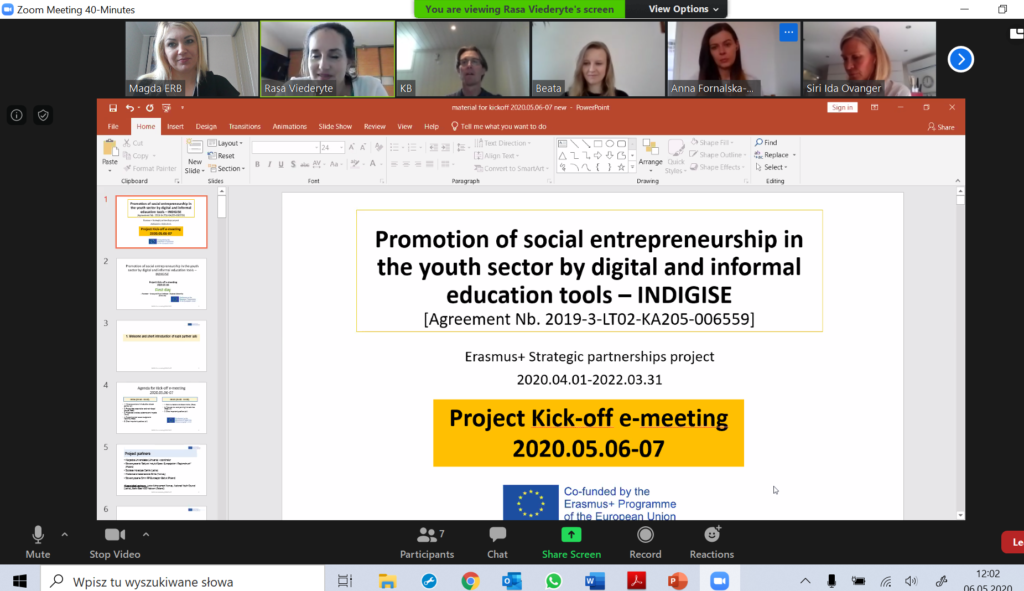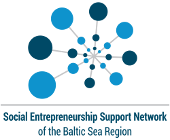Social Entrepreneurship Innovation Camp Methodology Handbook is an outline of the guidelines for organizing innovation camps or similar events with strong focus on social entrepreneurship. This Handbook has been developed in the framework of the INDIGISE project („Promotion of Social Entrepreneurship in the Youth Sector by Digital and Informal Education Tools“, April, 2020 – March 2022), which is focused on young people, who are looking for positive social and (or) environmental changes in society, and (or) feel the need to create own business, but lack support, competencies and finance. Combining the experience of universities’, NGOs’ and business networks’ professionals, and operating with the latest trends in education, INDIGISE project partners from Lithuania, Latvia, Poland and Norway provided such support and promoted youth social entrepreneurship in the Baltic Sea Region by digital and informal education tools.
This Manual is a set of interactive and innovative educational material and ICT tools as well as gamification and brainstorming methods dedicated to training, educating and raising awareness on the subject of social entrepreneurship among youth that is recommended to use by EU countries’ schools, universities, NGOs etc.
The content of the Handbook is of a recommendatory nature, can be easily modified according to the specifics of the innovation event, and contains the following main sections:
- General parameters about when, where and how to organize the event, who should be the main key players of the innovation camp: their responsibilities and duties.
- Time schedule: how to prepare for the innovation event on time and properly.
- How to find and select the most motivated participants and to encourage sponsors, judges, trainers, conventional and (or) social business representatives, moderators, volunteers and other key players to participate in the event.
Social entrepreneurship is a unique idea – mission of the 21st century that, because of different historical and business ecosystem development as well as present attitude in different countries, is perceived and defined differently. Social entrepreneurship is a model of activity, the essential mission of which is to solve social and environmental challenges through commercial activities. Social businesses use innovative and business-based approaches to make life better in our communities or to address environmental issues.
Innovation camps are a highly effective tool for steering young learners towards developing social business ideas, that may one day be realized, something which is not always easily achieved in a traditional classroom context, as well as the perfect way to educate and motivate academic staff, non-formal education providers, industry experts how to encourage more entrepreneurship education in the classroom.
We believe that with social entrepreneurship innovation camps a social business idea will become more understandable, recognized and attractive!
INDIGISE Project’s Partners:
- Klaipeda University (Lithuania) – Coordinator
- Social Innovation Centre (Latvia)
- Baltic Institute for Regional Affairs, BISER (Poland)
- Stowarzyszenie Gmin RP Euroregion Baltyk (Poland)
- Kristiansand Katedralskole Gimle (Norway)
INDIGISE Project’s Associated Partners:
- Junior Achievement Norway, Agder (Norway)
- National Youth Council (Latvia)
- Baltic Sea NGO Network (Poland)
